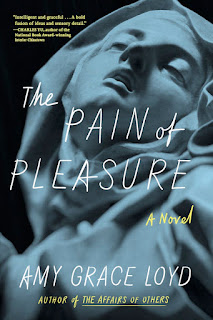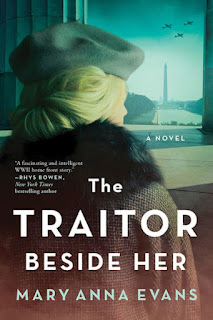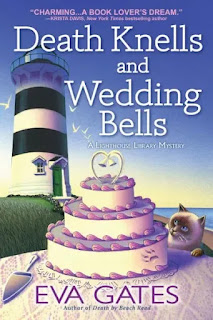
Robards applied the Page 69 Test to The Three Deaths of Willa Stannard, her first novel, and reported the following:
Page 69 of The Three Deaths of Willa Stannard offers a good, if not great, lens into the characters and plot of the novel.Visit Kate Robards's website.
On this page, the protagonist Sawyer locates a clue to how her sister Willa spent her final days. An investigative journalist, Willa was writing an explosive true crime story about a missing toddler in a small lakeside community before her death. As Sawyer searches Willa’s apartment, she finds an address and a map to the town where the child disappeared, leading her to wonder, “Why this story? Why the secrecy?”
These questions are the basis for the story that follows. Using the map, Sawyer retraces her sister’s steps, diving deep into the cold case. She aims to find out not only what happened to the missing toddler, but what Willa knew and what drew her to the case. And, of course, if it played a role in her death.
From page 69: “I look down at the map in my hand. Cheshire, Michigan. Like the mysterious, redirection-happy Cheshire cat, I realize I am Alice: frustrated and lost, chasing my dead sister down a rabbit hole.”
This page reveals a turning point for Sawyer when she resolves to visit the family of the missing girl that weekend. It offers a glimpse into the home life of Willa after a disgraceful series of career setbacks. It raises questions and tension when Sawyer sees a familiar vehicle idling outside the apartment.
Though this page doesn’t have dialogue, it’s fairly representative of the novel. It provides motivation for the story that follows and sets up the plot while hinting at moments of tension.
My Book, The Movie: The Three Deaths of Willa Stannard.
--Marshal Zeringue







.jpg)










